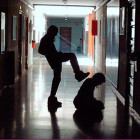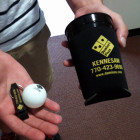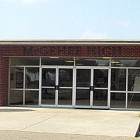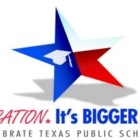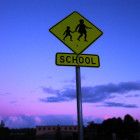
On Aug. 24, 2011 at 2 p.m. ET, the Office of Juvenile Justice and Delinquency Prevention will hold a one and a half hour long bullying webinar. During the event, three panelists will discuss important issues related to bullying, including how it differs from other forms of aggression, the roles that children play and the best practices for intervening in bullying situations. Attendees will have an opportunity to ask questions as well. The panelists will be:
Stan Davis, a certified social worker and guidance counselor for the Youth Voice Project;
Susan P. Limber, PhD, a professor at the Institute on Family & Neighborhood Life at Clemson University;
and Joel D. Haber, PhD, who is the founder of RespectU and is known as “The Anti-Bully Coach."


